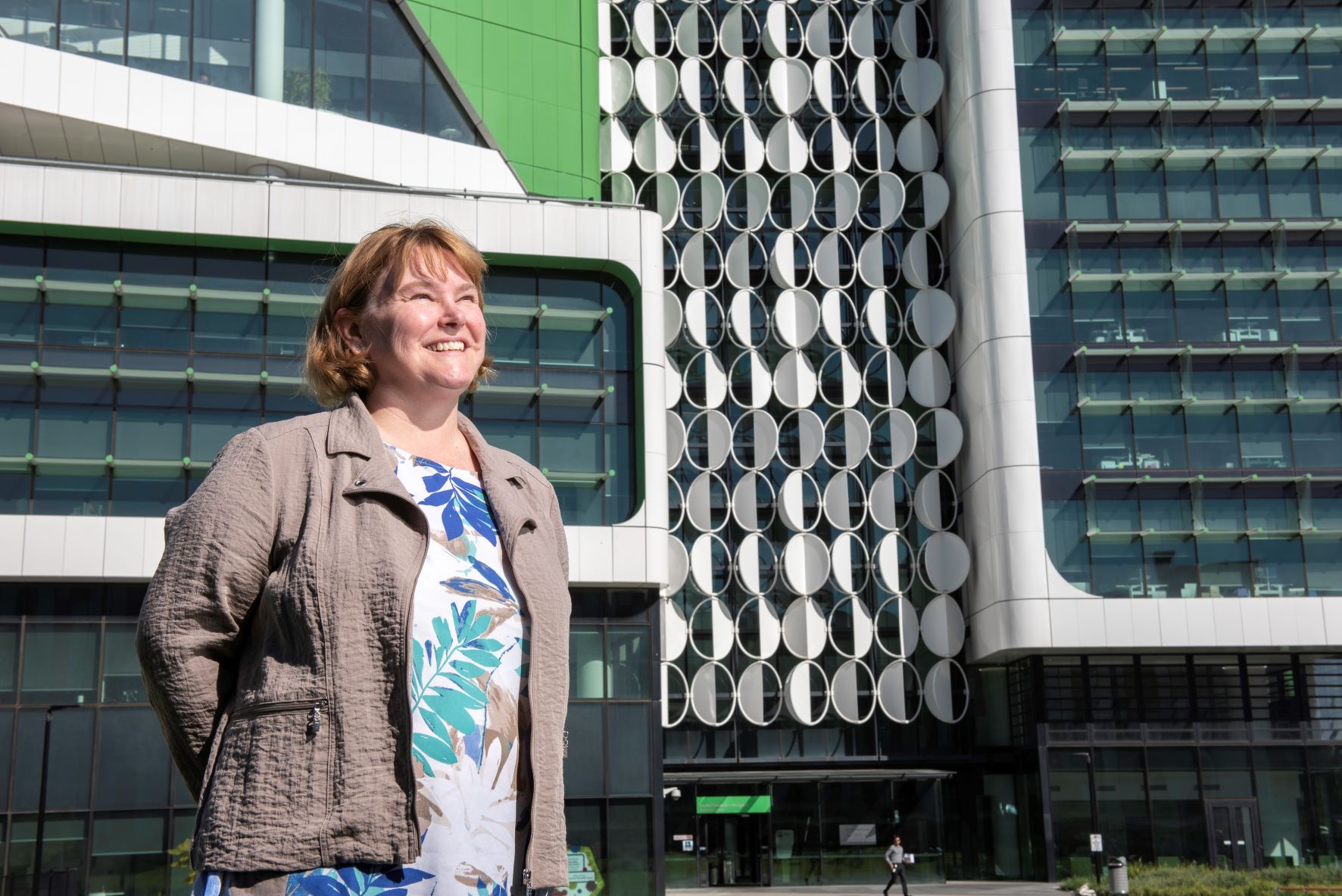Search
Research
A diagnostic test for acute rheumatic fever (pilot study)Currently there are no diagnostic tests for ARF, and no treatments targeting immune responses to improve disease outcomes.
Research
A Phase 3, randomized, double-blind trial to evaluate the safety and immunogenicity of a 20-valent pneumococcal conjugate vaccine given as a series of 2 infant doses and 1 toddler dose in healthy infants (NeXXstep)Jennifer Peter Kent Richmond RN MBBS MRCP(UK) FRACP Clinical Research Manager Head, Vaccine Trials Group Jennifer.Kent@thekids.org.au Clinical
Research
Acute infection and long term follow-up of people with HIVInvestigators: Peter Le Souef Project description There have been almost no studies of the first illness caused by HIV infection. We have recruited
Research
Amped Out: An Energy Drink StudyThe Kids Research Institute Australia is conducting a research study to evaluate a 4-month trial ban on the sale of energy drinks to children in all retail stores in Bridgetown.
Research
An initial health economic evaluation of the potential benefits gained by reducing late effects in paediatric brain cancer survivorsRaelene Nick Endersby Gottardo BSc (Hons) PhD MBChB FRACP PhD Brainchild Fellow; Co-Head, Brain Tumour Research Head of Paediatric and Adolescent
Research
Bronchiectasis Research for Improving Lung Health outcomes and Treatment (BRIGHT)This prospective, longitudinal cohort study will examine airway sputum, lung function, and clinical surveillance data of children with bronchiectasis attending Perth Children’s Hospital.
Research
Burden of rheumatic heart disease (RHD) and impact of prevention strategies: comprehensive evidence to drive the RHD EndgameThis project will use a multi-jurisdictional linked RHD dataset to establish a baseline burden of RHD in Australia to allow for monitoring the impact of burden over time, and to form the basis of clearly defined targets for the END RHD CRE Endgame Strategy.
Research
Bush Tucker and Vitamin DThis five-year project in Western Australia (WA) aims to promote vitamin D sufficiency among Aboriginal people by developing food-based dietary strategies to increase vitamin D intakes and by encouraging safe sun exposure.
Publications, papers and findings coming out of ORIGINS and its sub-projects

News & Events
SYMBA study boosted by WA Child Research FundORIGINS' SYMBA study awarded State Government grant to extend vital research into allergies
